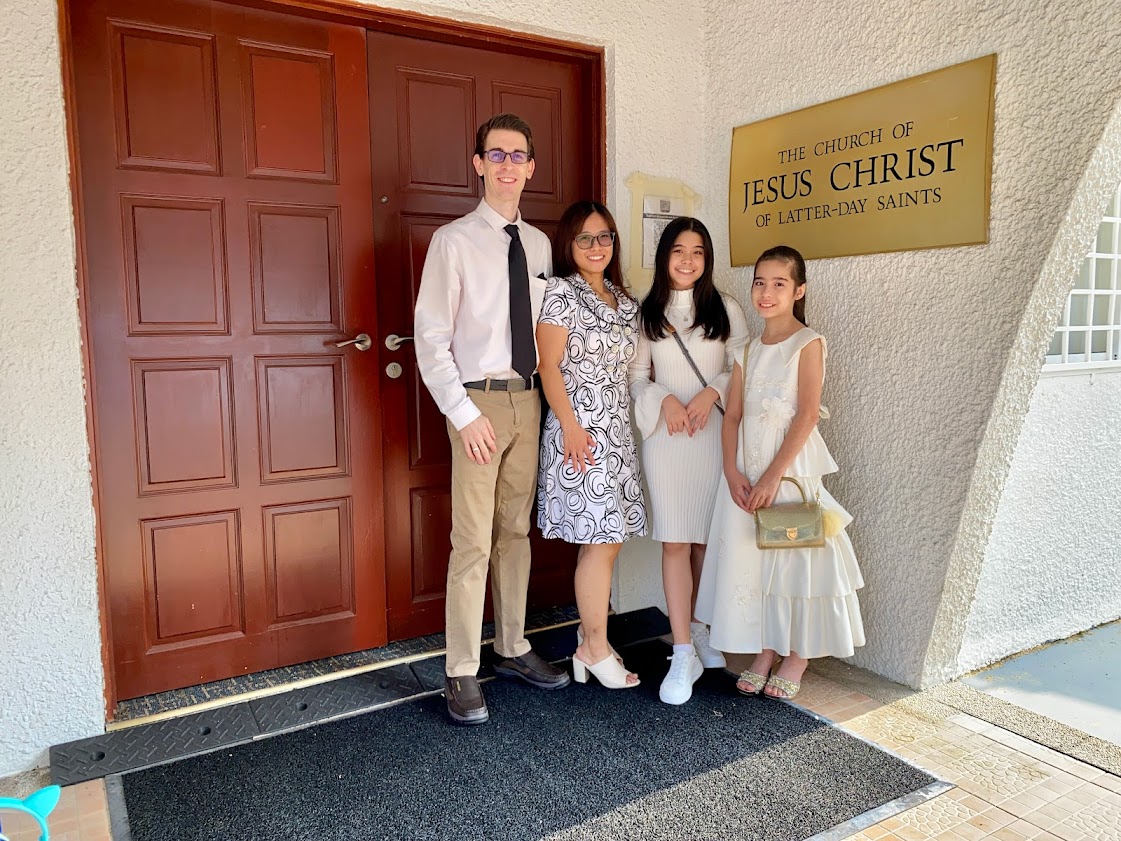Looking for role models from the Book of Mormon who are applicable and relevant today can be very hard. Most of the characters have either waged war on their enemies or killed someone, neither of which is an advisable way to live.
Everyone has their favourite person in the Book of Mormon.
Mine is Enos.
Enos is the real man.
I think of Enos a lot.
Nephi beheaded another human. Ammon cut off other humans' arms. Captain Moroni executed the death penalty on otherwise innocent humans. Teancum murdered another human in act of revenge.
There were also many good points about these people, and their darkest moments I mentioned above may be rationalised away by many with decent arguments. Yet the point remains: how is beheading someone relevant to me? Chopping off limbs? Supporting the death penalty? Being filled with revenge and anger?
And then there was Enos.
 |
| Here's a picture of Enos praying |
What do we learn about Enos from the Book of Mormon?
We learn that he valued his parents' teachings so much that the memory of their words were able to suddenly and vividly come to his mind. We learn that he was an imperfect person who was magnified and emboldened by the power of prayer. He had gone off into the forest hunting beasts, which we may assume was a very normal activity in his life, and ended up having a profound spiritual experience. We learn that his energy and motivations in prayer was for people - for his own welfare and the welfare of ALL others.
Enos also possessed a reverence and respect for the written record and requested for divine assurances that the record of his people might be preserved. The Book of Mormon on my dining table today is that very record that Enos was so concerned about around 2,500 years ago.
We also learn that Enos understood that the Lamanites had something against the Nephites but that he lived amongst a people who tried to resolve conflicts and plead their innocence of false assumptions by peaceful means.
Enos is my role model. I too strive for peaceful resolutions to conflicts. I can relate to having spiritual experiences in the often normal and mundane tasks of the day. I am imperfect like him and stand in need of repentance like him. I understand the 'struggle' of prayer, of spending long minutes in quiet but pained thought and determined frustration to say what I want to say and not what I've been conditioned to say. To pray for people; myself, friends, enemies, local and world leaders, church leaders, all who have a need. That these are often the most fulfilling and meaningful prayers.
So when I was wondering where on earth to read in the Book of Mormon the other day, I thought of who I judged to be a good character and who I totally admired in the record. I thought of my role model.
I thought of Enos.

